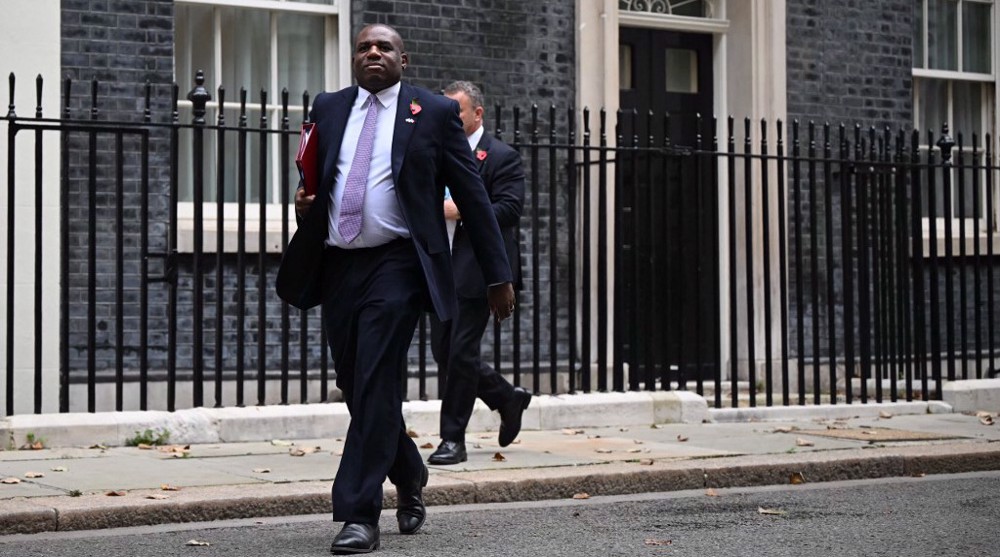Big business leaders call on May to rethink hard Brexit
Senior British business figures have exerted further pressure on Prime Minister Theresa May to reconsider hard Brexit under which the UK will lose its preferential access to the EU's single market and suffer from soured relations with other EU members.
May called for an early election in mid-April to get a “stronger hand” in Brexit negotiations with the European Union (EU), but instead cost her party the overall majority in Parliament.
She is currently desperately trying to reach an agreement with Northern Ireland's Democratic Unionist Party to form a minority government.
There are now fresh warnings of the impact of immigration controls and leaving the single market.
The Tory peer and chairman of online grocer Ocado, Stuart Rose (pictured below), who supported Remain, said the election had been a “proxy re-referendum” against hard Brexit.

Also, the founder of Cobra beer and Remain backer, Karan Bilimoria (pictured below), said May had “zero credibility” and that Britain could now rethink leaving the bloc.

Chairman of ASOS and Wiggle, Brian McBride (pictured below), has also expressed concerns about access to labour and customs checks.

Business groups want an end to May’s repeated mantra that “no deal is better than a bad deal”.
“It is a time for reflecting on how businesses are feeling. It is absolutely clear that for the new government, the priority has got to be putting the economy first,” said CBI’s deputy director-general Josh Hardie (pictured below).

British businesses have warned about damaging labour shortages after Brexit, with thousands saying that even a modest move away from the EU’s free movement rules would hurt them.
The warning is in a comprehensive analysis of business views on migration by the Chartered Institute of Personnel and Development (CIPD) and the National Institute of Economic and Social Research which will be published on Monday.
The report exclusively revealed to the Observer, contains a poll of over 1,000 companies, weighted to represent Britain’s business community.
The poll finds that 23% believe allowing in an unlimited amount of EU migrants with a job offer would negatively impact their organisation.
By comparison, 35% of businesses in low-wage industries have a different view. They say they recruited EU nationals because they cannot fill the positions with British applicants.
A 10th of businesses warned that the number of EU nationals they were employing was already declining in the wake of Brexit.

Peter Cheese, chief executive of the CIPD, said: “Businesses are clearly sounding the alarm on the impact that constraints on immigration could have on the economy.”
48-year-old Palestinian man serving 48 life terms completes 22 years in Israeli jails
From MKO to Tondar, how Germany became safe haven for anti-Iran terror groups
Hamas open to any proposal aiming to end Gaza war: Hamdan
Role of private sector in Iran’s thriving space industry
Four Palestinians killed in Israeli strikes on West Bank
Iran warns of ‘calculated, precise’ response to Israeli aggression
After year-long genocide, Israeli military hires private firms to flatten buildings in Gaza
Malaysia working on resolution to expel Israel from United Nations


















 This makes it easy to access the Press TV website
This makes it easy to access the Press TV website